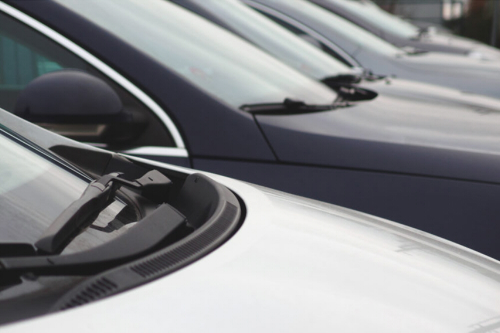China is Taking the Lead in Electrification of Cars, CEO says
Saheli Roy Choudhury
China’s commitment to electric vehicles presents “amazing” growth opportunities in the sector, according to the founder of battery technology start-up, Cadenza Innovation.
New battery technologies can improve the reliability and safety of electric vehicles, while bringing down the total cost, Christina Lampe-Önnerud, a chemist and an entrepreneur, told CNBC at the World Economic Forum in Tianjin, China.
Cadenza doesn’t make the lithium-ion batteries that are used in electric vehicles. Instead, its so-called supercell technology focuses on the way those batteries are packaged, making them safer and more cost-effective. The company uses non-combustible ceramic fiber material to make the battery packs less susceptible to catch fire – even if one of the cells suffers a short circuit.
Safety is an important parameter when it comes to lithium-ion batteries. Two years ago, consumer electronics giant Samsung suffered one of the worst technology recalls in recent times when faulty batteries in its Galaxy Note 7 handsets caught fire due to short circuits within the battery cells.
Lampe-Önnerud described that technology as a “Lego block of energy,” and explained that companies could potentially choose the shape, size and energy density of battery packs.

Recently, the company signed a deal with Shenzhen-based BAK Battery to manufacture lithium-ion cells and modules in China, using Cadenza’s propriety battery pack designs.
“China has for a long time been very committed to electric vehicles and the electrification,” Lampe-Önnerud said. “We were here in the initiation of the electric vehicle era and we’ve seen an enormous commitment to this technology coming forward, and we've been a little piece of the innovation engine for many years.”
Electrification refers to the use of electricity to power machines and vehicles instead of using fossil fuels.
“China is absolutely taking the lead on electrification,” she said, pointing to the city of Shenzhen as an example of China taking the lead in electrification. Last year, the city said it would have the world’s first all-electric public bus fleet by phasing out vehicles that ran on diesel, according to reports.
“It works, people love it, it’s quiet and you have a chance to basically transform this world.” she said.
Some experts say that China’s electric vehicle market is poised for explosive growth in the coming years. Beijing has been aggressively pushing for new energy vehicles as a way to curb air pollution.
Energy storage can also be costly. Some reports say that the current price of commercial battery packs that are used in electric vehicles can range between $200 per kilowatt-hour and $400 per kWh. About 25 percent of that cost is for putting the battery cells together into battery packs.
The goal for electric vehicles is to have battery packs that are below $200 per kWh, Lampe-Önnerud said. The company published a research report this year that showed its supercell technology could potentially reduce the cost of battery packs to less than $125 per kWh.








